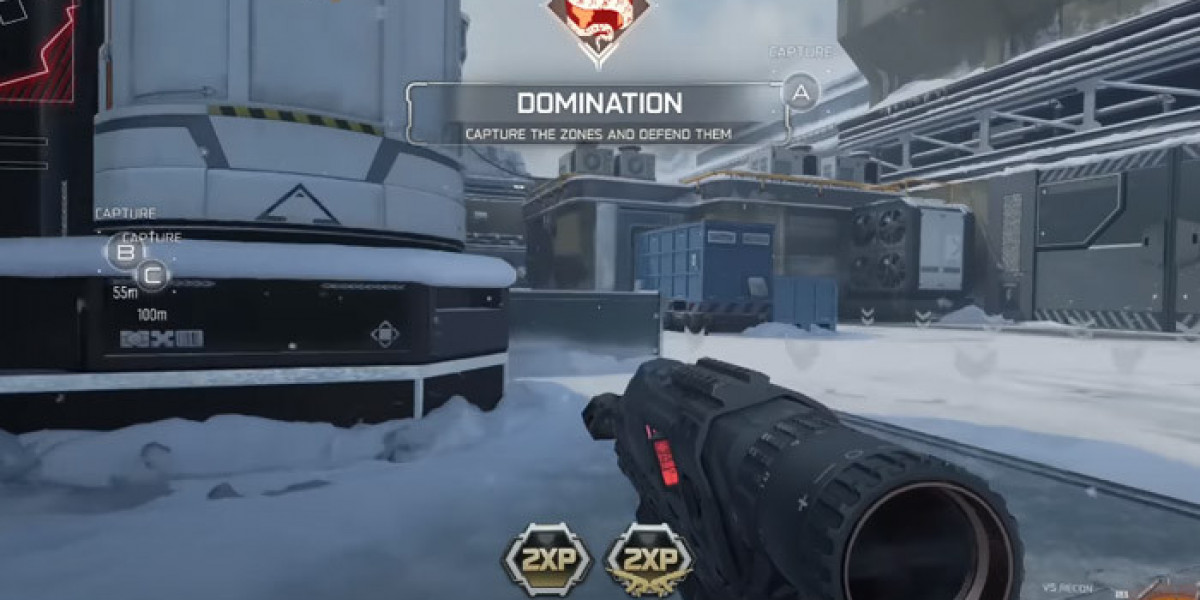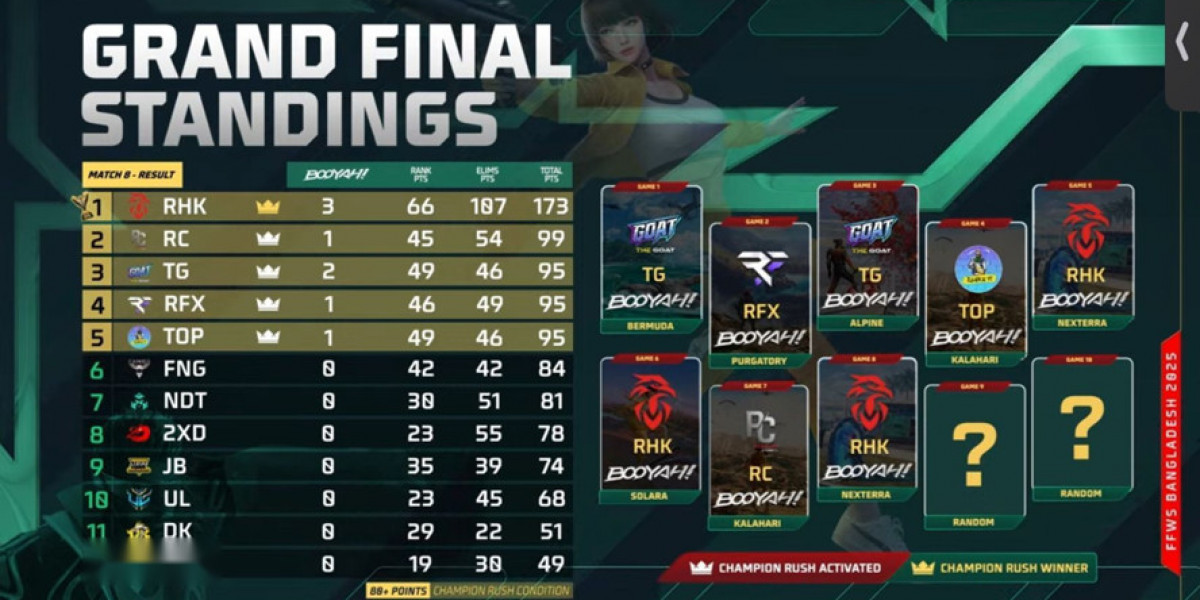Every decision in Call of Duty comes down to one thing—money. Whether it’s cosmetic bundles, weapon blueprints, or timed events, Activision’s strategy is built around maximizing player engagement and spending. That’s why the promise of “reduced SBMM” in Black Ops 7 has many gamers cautiously optimistic—but also suspicious. Players testing Black Ops 7 Bot Lobbies are asking the real question: will Activision ever truly abandon its most profitable system?
Skill-Based Matchmaking isn’t just about “fairness.” It’s a psychological tool designed to keep players hooked. When matches are tightly controlled, the system ensures that you win just enough to feel accomplished—but lose enough to feel like you can improve. That constant cycle fuels playtime, and more playtime means more exposure to microtransactions.
So why is Activision suddenly “reducing” SBMM now? The timing isn’t random. With Battlefield 6 reportedly eating into the FPS market, Activision needs to rebuild trust with older fans who left out of frustration. Announcing “open matchmaking” gives the illusion of player empowerment while maintaining control behind the scenes. In essence, it’s smart marketing disguised as reform.
Even if the matchmaking truly loosens at launch, nothing stops the publisher from slowly tightening it again once sales stabilize. The commentary surrounding Black Ops 7 suggests this is a real concern—Treyarch has yet to commit to keeping open matchmaking as a permanent feature. Instead, they emphasize that it will be “available at launch,” leaving plenty of room for future “adjustments.”
The company’s history supports this skepticism. Activision has repeatedly prioritized profits over player satisfaction, and SBMM is a proven moneymaker. The system keeps casuals protected, veterans frustrated but invested, and everyone engaged long enough to buy seasonal content. From a business standpoint, removing SBMM entirely would mean losing millions in predictable revenue.
That’s why the term “reduced” feels so calculated. It’s not about revolution—it’s about rebranding. By softening the matchmaking just enough to appease critics, Activision can appear responsive without making major sacrifices.
For players, awareness is the best defense. Keep an eye on performance trends, connection quality, and lobby behavior over time. If matches gradually feel tougher or less random, it’s likely SBMM has quietly crept back in.
In the end, Black Ops 7 might still deliver a fun, fast-paced experience. But as long as Activision’s bottom line depends on psychological engagement loops, “reduced SBMM” will remain just that—reduced, not removed.
Recommended: Unveiling Black Ops 7 Zombies: Epic Perks, Sprawling Maps, and Those Sneaky Secrets












